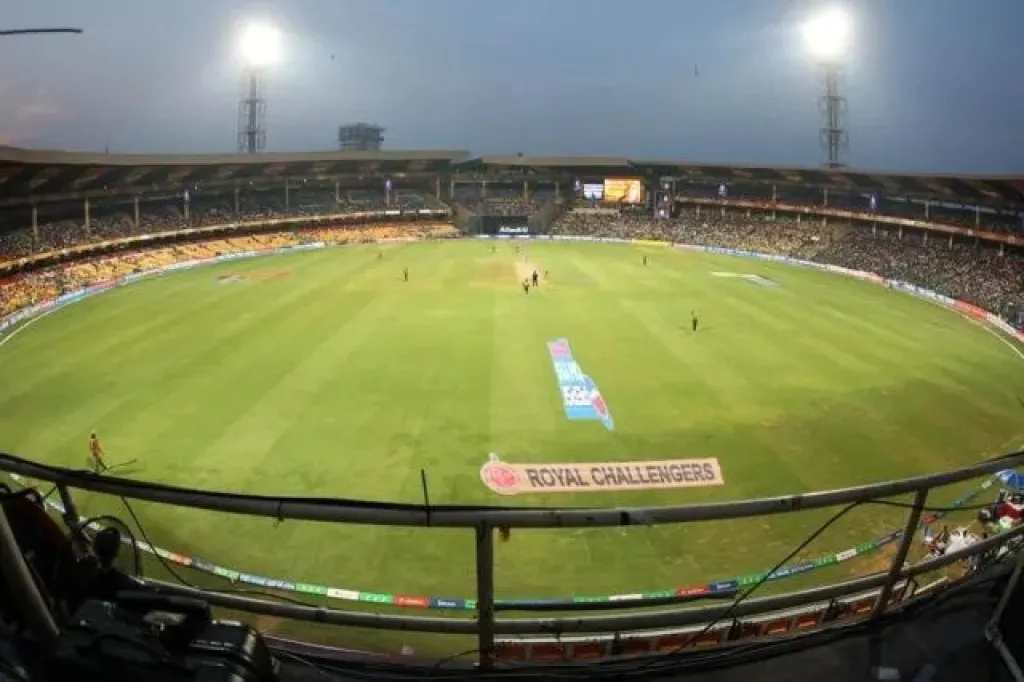In April 2010, seventeen people were injured, including nine police personnel, when two low-intensity IED (improvised explosive devices) went off outside the M. Chinnaswamy Stadium in Bangalore. A third device, containing 3.2 kg of explosive materials, a timer and battery, was found by police when the match was in progress and defused by bomb disposal experts.
The explosions occurred shortly before the start of an IPL match between Royal Challengers Bangalore (RCB) and Mumbai Indians (MI).
The first IED, wrapped in newspaper and plastic sheets, was placed on a well adjacent to Gate 12, and went off as hundreds of fans queued to get into the stadium. Fifteen minutes later, the second device exploded on a footpath in front of the State Police Wireless headquarters, close to the stadium.
Despite the explosions, it was decided to go ahead with the match on safety grounds. There were already 20,000 spectators inside the ground, and it was felt that it might cause panic if they were all asked to leave suddenly.
Safety experts later noted that nobody was seriously injured in the blasts, but it was down to good fortune that there had not been more casualties.
In 2018, three men were later sentenced to seven years in jail for their role in the bombings. Gowhar Azeez Khomani, Kamal Hasan and Mohammed Kafeel Akhtar had already spent six years in jail at that point.
They were among 14 accused in connection with the blasts. One of them has subsequently been killed in jail by other inmates of the Yerwada prison in Pune.
The mastermind behind the attacks is widely believed to be Yaseen Bhatkal, founder-leader of the terrorist organisation Indian Mujaheddin. Apart from the attacks in Bangalore, he has been implicated in a number of other bombings in India, including in Ahmedabad in 2008 and Pune in 2018.
In December 2016, he was sentenced to death by a counter-terrorist court in Hyderabad, and is currently in Tihar Jail in Delhi.
Controversial Islamic cleric, leader of the Peoples Democratic Party, has also admitted to being involved in the bombings.

